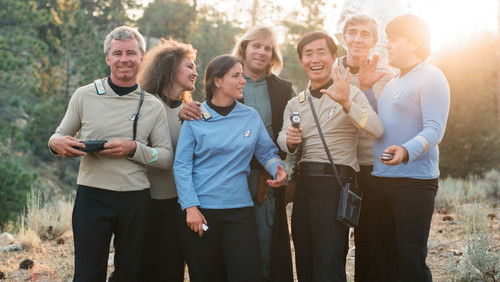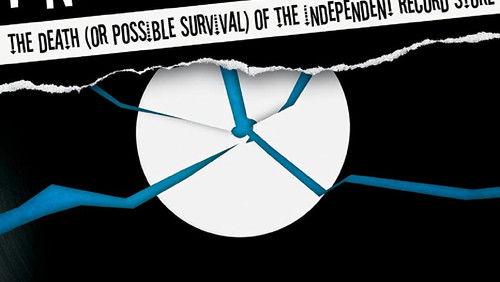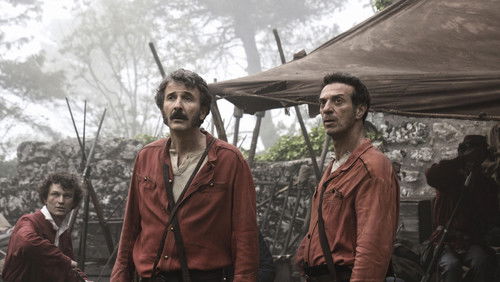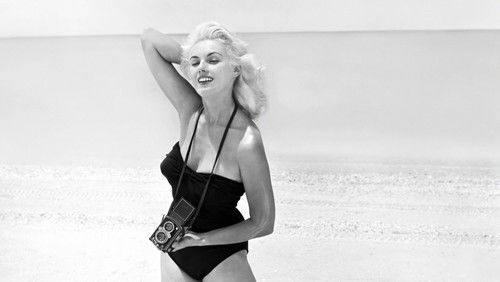Apollo 11 (2019)
68KApollo 11: Directed by Todd Douglas Miller. With Neil Armstrong, Michael Collins, Buzz Aldrin, Deke Slayton. A look at the Apollo 11 mission to land on the moon led by commander Neil Armstrong and pilots Buzz Aldrin and Michael Collins.
“A half-century ago, Neil Armstrong stepped off the ladder of the Lunar Module Eagle and into the history books. In the decades since, that moment and the flights of NASAu0026#39;s Apollo program have been chronicled in seemingly countless documentaries. At the top of that list remains 1989u0026#39;s For All Mankind from the late Al Reinert and 2007u0026#39;s In The Shadow Of The Moon from British filmmakers David Sington and Christopher Riley. Up there with them now is 2019u0026#39;s Apollo 11, an exciting new film from Todd Douglas Miller that is begging for you to see it on the biggest screen possible.u003cbr/u003eu003cbr/u003eWhy?u003cbr/u003eu003cbr/u003eIn part because of Miller who, like those other great filmmakers of Apollo before him, wasnu0026#39;t content to merely do a rehash of what had come before. Milleru0026#39;s Apollo 11 is in part a deep dive into the NASA archives, uncovering things that even the most seasoned space enthusiast has likely never seen before. Thereu0026#39;s a wealth of pre-launch footage, for example, tracing the preparations from the rollout of the massive Saturn V rocket to the launch pad to multiple perspectives of the launch itself. Even when events move into space, thereu0026#39;s still a wealth of rare material to experience including conversations between the astronauts themselves as well as between them and Mission Control in Houston. Even where footage that has become synonymous with the mission and the era such as the stage separations of the rocket or the Lunar Moduleu0026#39;s descent to the surface of the Moon, itu0026#39;s presented with clarity and scale rarely seen elsewhere. For that alone, the film renders excellent service.u003cbr/u003eu003cbr/u003eIt does so in other ways, as well. Unlike those two documentaries I mentioned at the top of this review, Miller doesnu0026#39;t use astronaut interviews (either aural or visual) to help tell the story. Instead, Apollo 11 unfolds entirely through archival sources ranging from the transmissions to the voice of NASAu0026#39;s public affairs or well-known TV commentators like Walter Cronkite. To help aid visually for parts of the mission where there isnu0026#39;t much or anything to show, the film employees simple animation alongside such commentaries. The film also makes effective use of split-screen and captions to portray mission control or to show events such as the actual walk on the Moon from multiple perspectives. As much as the footage itself on a cinema screen does, it presents the sheer scale of the endeavor but without losing the viewer in the technicalities involved in spaceflight.u003cbr/u003eu003cbr/u003eIn some ways, thatu0026#39;s the greatest triumph of Apollo 11 the documentary. Itu0026#39;s a film keen to present Apollo 11 the mission in awe-inspiring yet understandable terms, one that emphasizes how incredible in scope and achievement that flight five decades ago this July was. Itu0026#39;s also a reminder, at a time when cinema screens find themselves increasingly dominated by would-be blockbusters and superhero flicks, of the raw power of cinema to present stories. Both of those are things we need reminding of, it seems, and the film does a superb job of both.”









